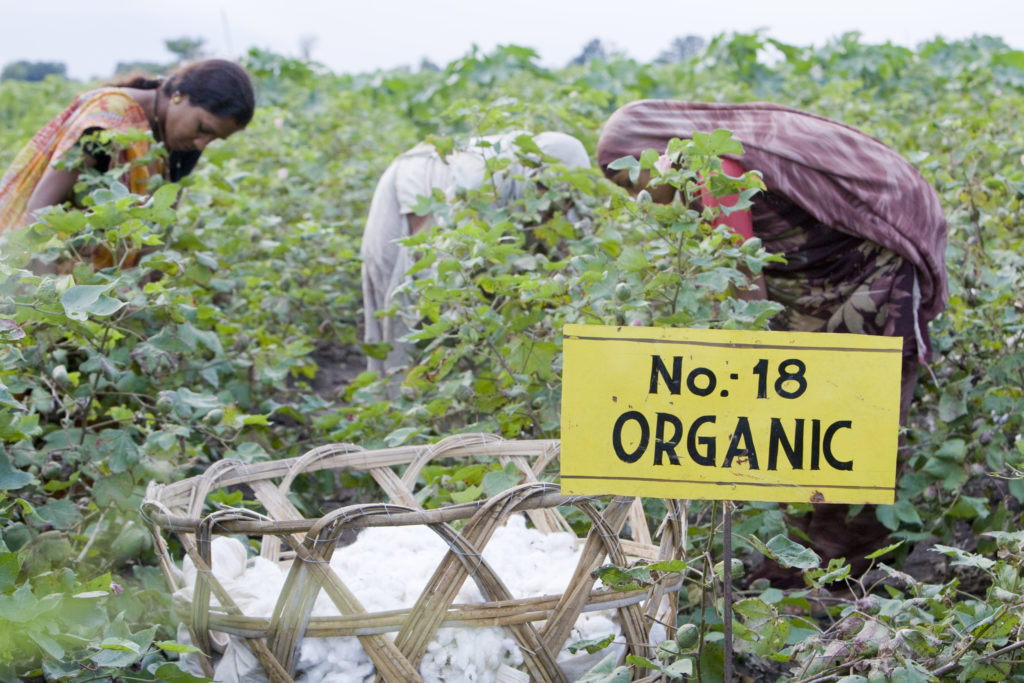The debate on the relative benefits of conventional and organic farming systems has gained considerable interest recently. To date, global agricultural development has focused on increasing productivity rather than holistic natural resource management for food security. Therefore, the development of more sustainable agricultural practices on a large scale is of utmost importance. However, information on the performance of cropping systems under organic and conventional management in tropical and subtropical regions is scarce.
This study presents agronomic and economic data from the conversion phase (2007-2010) of a comparative trial of cropping systems on a Vertisol soil in Madhya Pradesh, central India. A cotton-soybean-wheat crop rotation under biodynamic, organic, and conventional (with and without Bt cotton) management was studied. A significant yield gap was observed between organic and conventional cropping systems in the first cropping cycle (Cycle 1: 2007-2008) for cotton (-29%) and wheat (-27%), whereas in the second cropping cycle (Cycle 2: 2009-2010), cotton and wheat yields were similar in all cropping systems due to lower yields in conventional systems. In contrast, organic soybean (a nitrogen-fixing legume crop) yields were slightly lower than conventional yields (-1% in cycle 1, -11% in cycle 2). Averaged across all crops, conventional cropping systems achieved significantly higher gross margins in cycle 1 (+29%), while in cycle 2 gross margins were significantly higher in organic cropping systems (+25%) due to lower variable production costs at similar yields. Soybean gross margins were significantly higher (+11%) in organic than conventional systems across the four crop years.
Our results suggest that organic soybean production is a viable option for smallholder farmers under the prevailing semi-arid conditions in India. Future research needs to clarify the long-term productivity and profitability, particularly of cotton and wheat, as well as the ecological impacts of different cropping systems.
To the 2021 study: A synthesis of twelve years of SysCom

